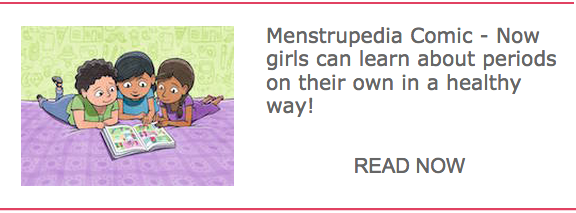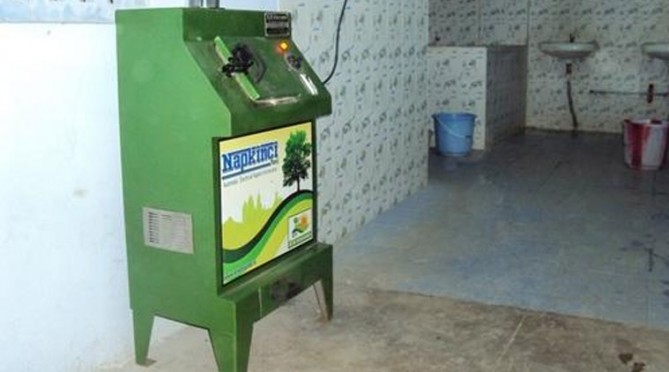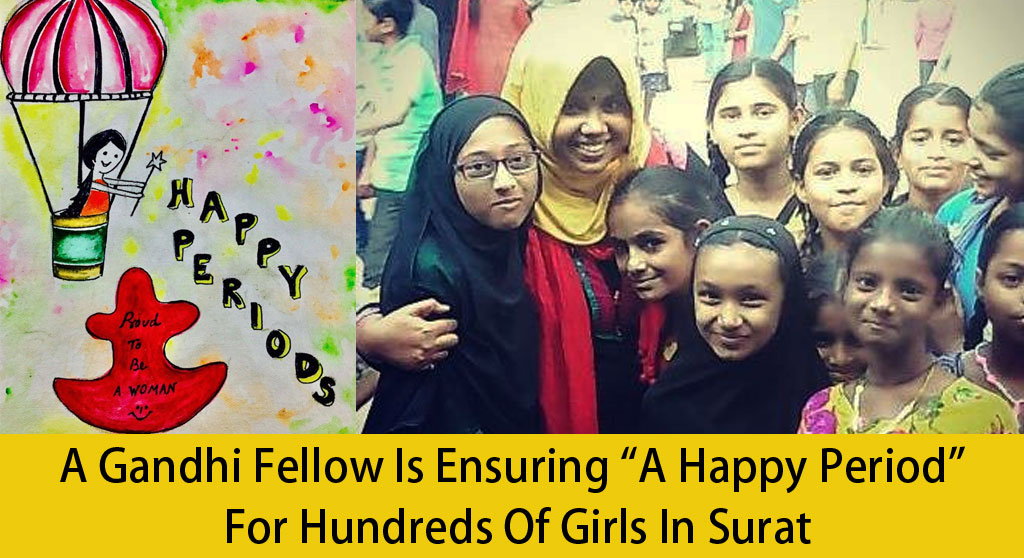With a worried face a young girl whispers into another girl’s ear, “Do you have an extra sanitary napkin with you?” A clandestine transaction follows, or in the worst case, that girl has to go home. Almost every girl has found herself in such a situation during her growing up years, or been a witness to it. But it looks like this scene is never going to repeat, at least not in the Avadh Girls’ Degree College that is under Lucknow University. About a week ago, it installed in its campus, the first sanitary napkin vending machine of Uttar Pradesh. The sanitary napkins are available at Rs. 10 per piece and the college authorities are also planning to install a pad disposal machine.
For a country that is beset with menstrual taboos, this move by one of the oldest women’s colleges is being hailed as a “bold” one. Surely, menstrual issues have always been deeply intertwined with not only gender, but also cultural and societal norms, making it all the more difficult for young women to come out into the open and talk about the problems they face with menstruation; which is why the fact that about 30% of girls in North India drop out of school after attaining puberty comes as no surprise. A recent survey also revealed that menstrual issues “spur” the dropout rate among girls studying in government schools in India. Lack of toilets and other infrastructure in schools and colleges is one of the major reasons behind why girls drop out. Most certainly, there is a need to implement this move across all educational institutions in the country.
There is no doubt that installing sanitary napkin vending machines is a great move towards ensuring that menstrual issues do not hinder girls’ access to education. But the issue does not end with supplying vending machines alone. Menstrual hygiene is a bigger problem, because according to a report by UNICEF, an overwhelming 89% of girls in India use cloth rags, among which 11% even share the used menstrual cloth and rag with others. Also, their access to sanitary napkins is restricted, owing to their dire economic conditions. In this regard, it is heartening to note that the UNICEF has been intervening with local partners in menstrual health management, by training resident women to produce cost effective sanitary napkins in various states of India.

Lastly, in order to tackle taboos that are so deep rooted in society for centuries together, it is important to sensitize the other gender towards the menstrual issues that women face. Making menstruation a gender specific issue will restrict the reach of causes such as these, and runs the danger of further perpetuating such taboos. The true success of such initiatives would be when coeducation institutions set up such machines, so that the awareness about menstruation and the issues associated with it spread in an open and interactive environment.
This article is re-published from Youth Ki Awaz from here






